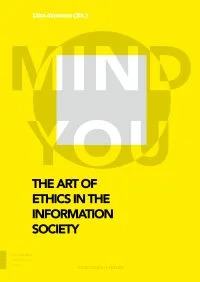By: Paul Louis Landsberg
I SHALL be told that the problem I propose to dis- cuss simply does not exist, or, at any rate, does not exist for Christians. We all know that Christianity, and the Catholic Church in particular, and all moral theologies, whether Catholic or Protestant, consider suicide to be mortal sin, and do not admit that it can be justified in any circumstances whatsoever. All this is quite clear, and there seems to be nothing more to be said. Suicide is forbidden by divine authority and that ought to be enough. It is indeed true that the believer should accept such a pronouncement as authentic and final, even when he is not capable of grasping the reasons on which it is founded. There is such a thing as implicit obedience, just as there is an implicit faith. This obedience is not blind ; it is based, like faith, both on evidence and upon spontaneous acceptance. However, this evidence is not the particular content of such and such an article of faith, or such and such a moral precept, but the fundamental evidence and the spontaneous acceptance of the intrinsic goodness and justice of the authority which reveals, teaches, orders and forbids. So far, all is straightforward. But no one will deny that we have the right and even, in a certain sense, the duty to try to understand more clearly what we believe, and to seek for the reasons for the rules we should obey. This is St. Anselm's fides quaerens intellectum. And I should like to add that, in my case, there seem to be two particular reasons which do indeed make the question of suicide a very real problem, which neither Christian philosophy nor theology has the right to overlook.
PARIS, 1937





















